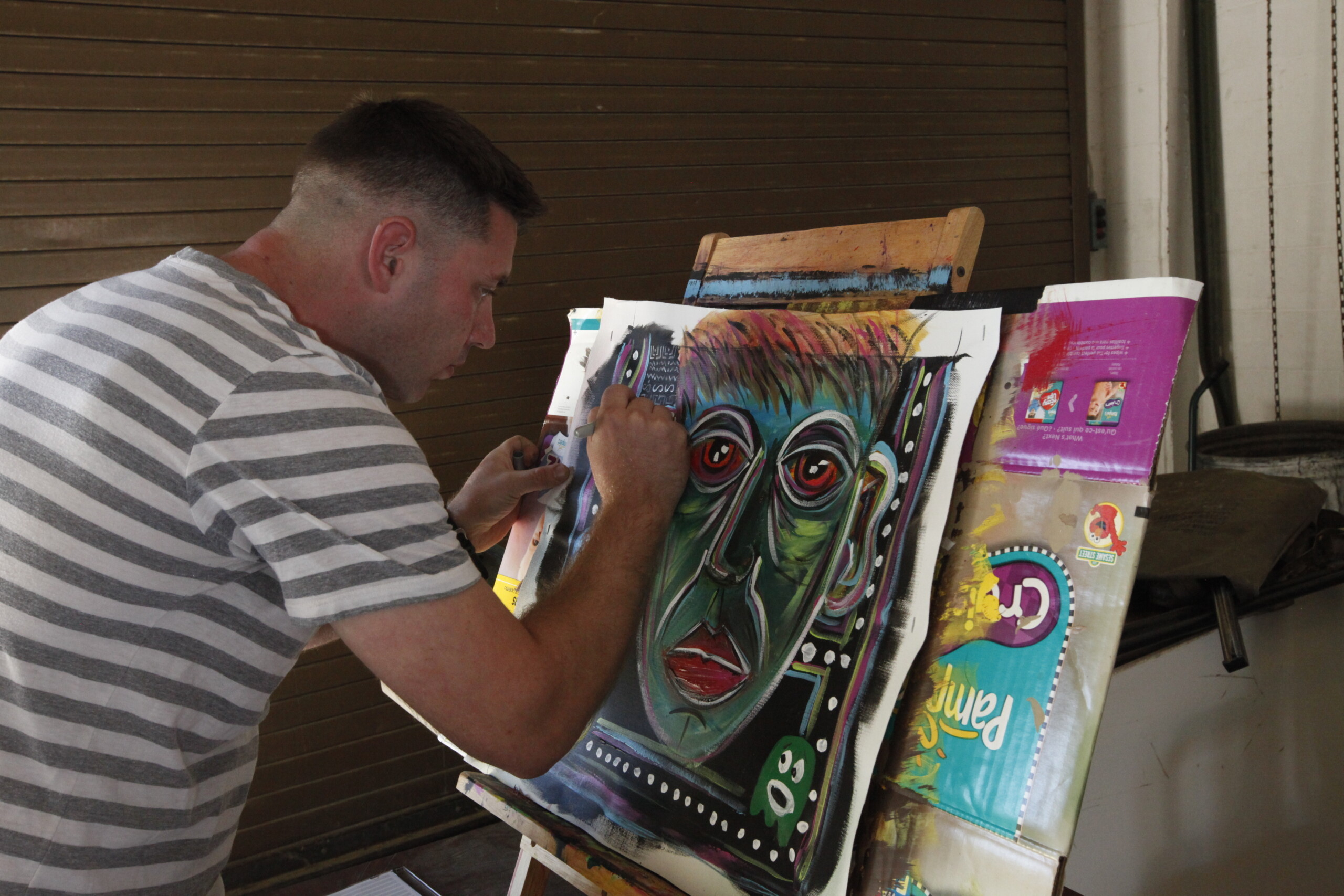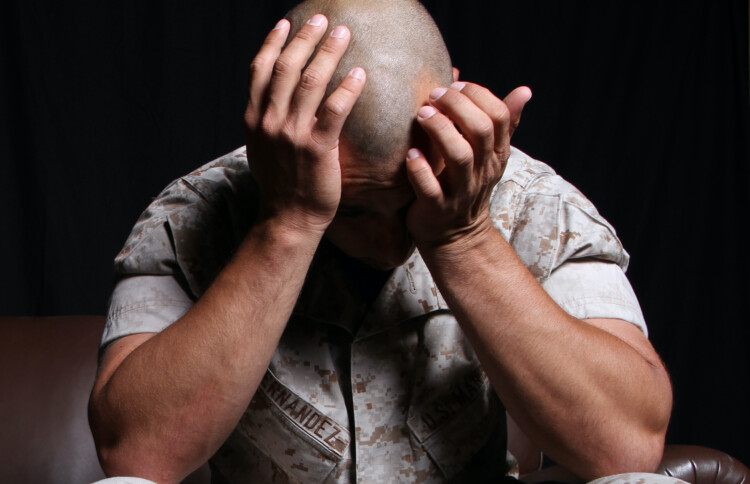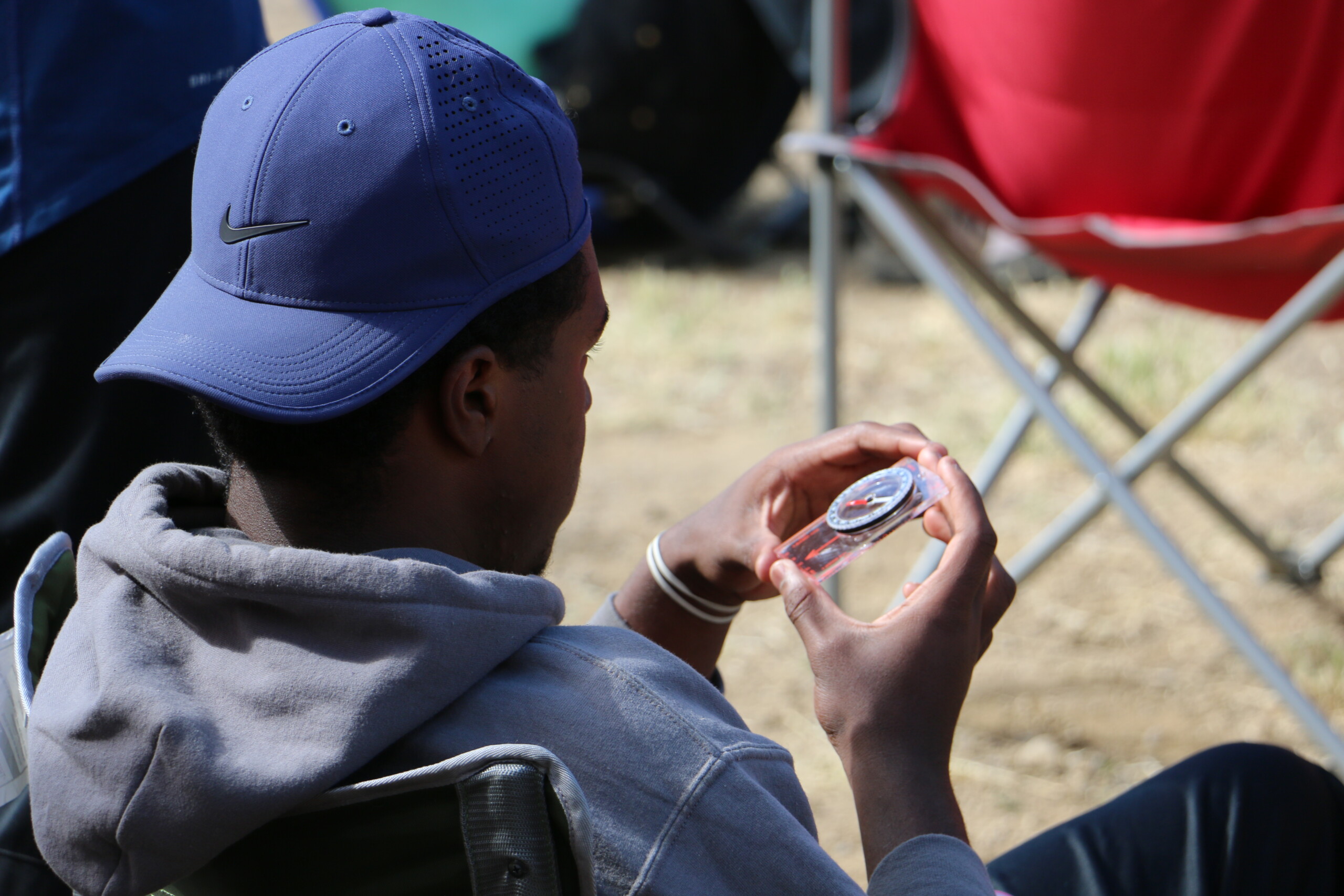‘You’d Have PTSD, Too, If You Went Through What They Did’
It’s a common belief, but it’s not exactly right. For example, imagine two soldiers in the same firefight. They both experience the same traumatic event, but one might develop PTSD while the other does not.
Why? PTSD isn’t just about what happened to you. It also hinges on how you react to trauma, the kind of support you have afterward, and even your genetic makeup. It’s not a one-size-fits-all kind of thing.
‘People With PTSD Are Violent or Dangerous’
This stereotype is not just wrong. It’s also damaging. While it’s true that some people with PTSD might struggle with feelings of anger or irritability, it doesn’t mean they’re going to go off the deep end and become violent.
It’s like saying everyone going through a bad day is a threat – it’s just not accurate or fair. For instance, consider a veteran who’s dealing with PTSD.
They might have moments of frustration, but more than likely; they’re simply trying to navigate their everyday life while dealing with some complicated memories and feelings.
‘You’ll Get Over It Eventually’
If PTSD were a common cold, maybe this would hold water. But it’s not. PTSD in veterans is a severe mental health condition that doesn’t come with an expiration date.
It’s not like mourning the end of your favorite TV series or getting over a sprained ankle. The memories, flashbacks, and anxiety don’t just fade away over time.
To tackle PTSD, most people need a combination of professional help, like therapy and sometimes medication, along with support from their friends, family, and community.
‘All Veterans Have PTSD’
Talk about putting people in a box. While it’s undeniable that PTSD is a significant issue in the veteran community, it’s crucial to remember that not all veterans are living with PTSD.
For example, imagine two veterans: one who served in a support role away from active combat zones and another who was a frontline infantry soldier. Both served their country, but their experiences and the impacts on their mental health can be vastly different.
Labeling all veterans with a broad PTSD brush oversimplifies their unique experiences and challenges.
How to Better Understand PTSD in Veterans
First, imagine being constantly on edge, like you’re always waiting for the other shoe to drop. That’s a bit of what PTSD can feel like—this lingering anxiety that something terrible is about to happen.
It’s not about being weak or not “toughing it out”; it’s about dealing with intense experiences that rewire your brain. You’ve got to remember that these men and women have seen and done things most of us can’t even imagine, and that takes a toll.
It’s Not a One-Size-Fits-All
Also, remember that every person’s experience with PTSD is unique. You can’t slap a one-size-fits-all label on it.
Some veterans might have nightmares or flashbacks, while others might feel numb and disconnected. Some might avoid anything that reminds them of their service, while others might find themselves constantly reliving it.
And here’s a biggie: PTSD isn’t always visible. We’ve all seen the movie trope of the troubled veteran plagued by apparent symptoms, but it’s often more subtle in real life.
Someone could be living with PTSD, and you’d never know just by looking at them.
It’s Not a Life Sentence
Understanding PTSD in veterans means recognizing that it’s not a life sentence. People can learn to manage their symptoms and lead meaningful, fulfilling lives with the proper support and treatment.

So, don’t look at a veteran and see only PTSD. See the whole person, with their strengths, passions, hopes, and struggles. Understanding starts with seeing people as more than their diagnosis.
The more we get this, the more we can chip away at the stigma around PTSD and help our veterans feel understood, supported, and valued. So keep asking questions, keep learning, and keep the conversation going. That’s how we make a difference.











COMMENTS